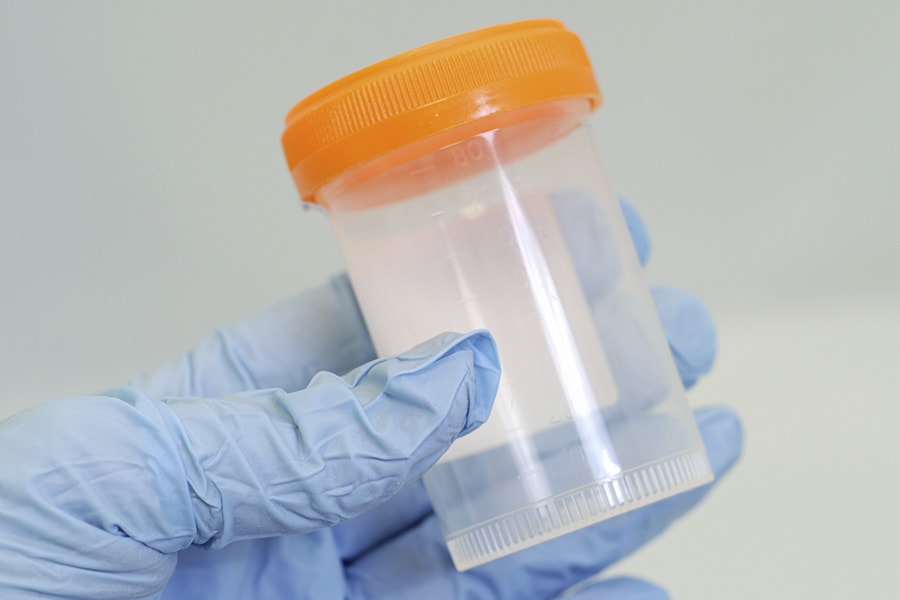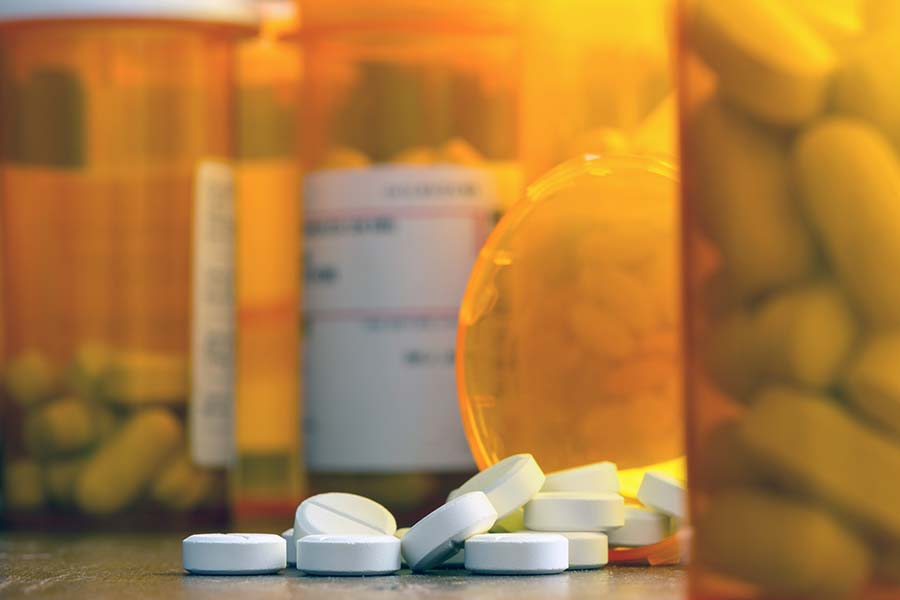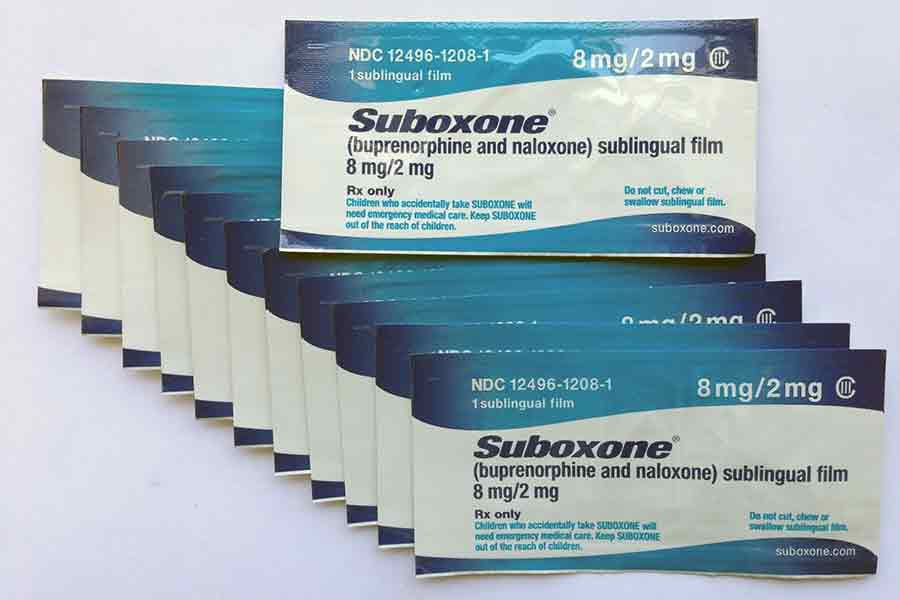What is Trauma Informed Treatment?
Trauma: a very difficult or unpleasant experience that causes someone to have mental or emotional problems, usually for a long time; a disordered psychic or behavioral state resulting from severe mental or emotional stress or physical injury; an emotional upset; an injury to living tissue caused by an extrinsic agent -Merriam Webster Dictionary Many individuals seeking mental health or addiction services have experienced some form of trauma in their lives, yet there is still a disturbing lack of education on its pervasive influence. The trauma-informed treatment model, set forth by the Substance Abuse and Mental Health Services Administration (SAMHSA), is …









